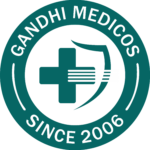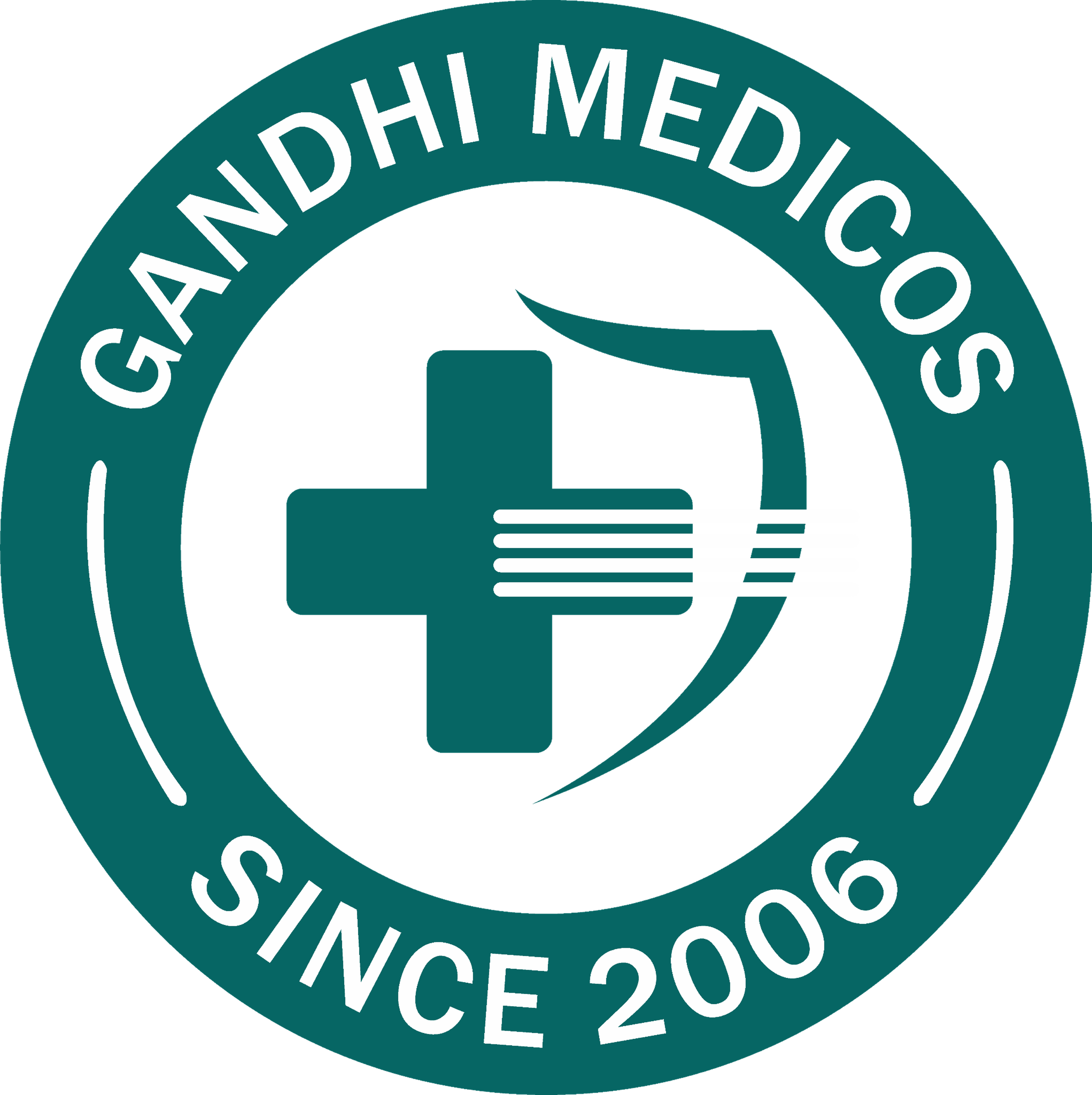How Long can you Live with Liver Cancer?
Live with Liver Cancer
 Liver cancer is the most common type of cancer in the world. It usually causes symptoms such as pain and heaviness in the upper right side of the abdomen, nausea, vomiting, loss of appetite, fatigue, and weight loss. The expectancy for people live with liver cancer is about 6 months. However, the best medicine prescribed by doctors for maintaining the liver function is hepakast sachet.
Liver cancer is the most common type of cancer in the world. It usually causes symptoms such as pain and heaviness in the upper right side of the abdomen, nausea, vomiting, loss of appetite, fatigue, and weight loss. The expectancy for people live with liver cancer is about 6 months. However, the best medicine prescribed by doctors for maintaining the liver function is hepakast sachet.
The average life expectancy for people with liver cancer is about 6 months.
This means that most patients die within 6 months of being diagnosed. However, some people live longer than this time frame, and some live shorter than this time frame. If you have been diagnosed with liver cancer, it’s important to understand what implications your diagnosis will have on your future health and quality of life. The usage of tablets such as L-valine, L-leucine, and L-isoleucine is also suggested only with a doctor’s recommendation.
The average age at which someone dies from liver cancer is 60. Also, at certain ages, usage of L-isoleucine in a quantity of 1 to 2 grams three times a day is suggested for better functioning of digestive parts and breaking food at older ages.
What affects your chance of survival?
The chance of survival depends on several factors, including:
Age. The older you are, the less likely it is that your cancer will be cured and the more likely it is that your condition will get worse. If you’re under 30 years old, it’s unlikely that liver cancer will cause symptoms or lead to death in most cases. However, if you have other diseases (such as chronic hepatitis B), your chances of surviving liver cancer may be lower than those who are younger or do not have these diseases at all; however, this is not always true as there have been many reports showing how some people who had advanced liver disease could live with their condition for decades before passing away from complications such as cirrhosis or liver failure caused by treatment side effects like radiation exposure during surgery which might occur later down the road if left untreated for the too long period time frame.”
At stage 3, the 5-year survival rate for liver cancer is about 1 in 10.
This means that 10% of people diagnosed with liver cancer will survive for at least five years after their diagnosis. To help the metabolism reactivate and production of the amino acids, L-leucine is suggested for protein synthesis.
At stage 4, the 5-year survival rate for liver cancer is about 1 in 20.
This means that if you have stage 4 liver cancer, there’s about a 5% chance that you will be alive five years from now.
As with all cancers and other diseases, this number can change depending on many factors, including how fast your disease progresses and what treatments are given (for example, surgery or radiation therapy).
This means that out of every 100 people diagnosed with liver cancer at stage 3, 10 people will live at least five years, and out of every 100 people diagnosed at stage 4, 5 will live at least five years.
Many factors can affect your chance of survival, such as your age and other health problems that you may have.
Age: The older you are, the less likely liver cancer will be cured with treatment. For example, if you’re older than 60, only about half of people with liver cancer survive for at least five years after a diagnosis.
Gender: Men tend to die from liver cancer more often than women do because of their greater risk factors like alcohol abuse and diabetes mellitus type II.
Race/ethnicity: Liver cancer tends to occur more often in African Americans than Caucasians or Hispanics because these groups have higher rates of obesity but lower rates of smoking than other races/ethnicities.
You can live longer than predicted if you’re healthy, but it’s not easy. If you have a chronic illness or poor health habits, your chances of living longer are reduced.
You’ll also need to stay active and eat well to maintain a healthy lifestyle. It’s important to stay connected with friends and family members who can help make sure that your life goes as smoothly as possible during those difficult times when things aren’t going well for you. Also, you can use L-valine for the metabolism and repair of muscle tissues.
Conclusion
When you have cancer, it’s natural to want to know as much as possible about how long you have to live. But remember that these statistics are based on what happened to large groups of people with the same type of cancer in the past – not a prediction of what will happen to you personally! The best way is still prevention through regular screenings, which can help reduce your risk of cancer and cardiovascular disease.




 :
:  +91 – 9999064250 | 9811604444 | 9811604424
+91 – 9999064250 | 9811604444 | 9811604424


